In fact, in the first 8 months of 2025, our country still maintained a significant attraction to international investors. Total disbursed FDI capital reached 15.4 billion USD, up 8.8% over the same period last year - an important indicator that large corporations continue to seriously implement their committed plans.
Samsung is a typical example. This year, exactly 30 years since pouring the first investment into Vietnam, Samsung has reached the milestone of 2 billion mobile phones shipped from factories in Bac Ninh and Thai Nguyen. Along with Samsung Electronics, other legal entities of this group such as Samsung Display, Samsung Electromechanics... are also and will continue to expand their investment in Vietnam.
Bac Ninh also witnessed Goertek raise its capital by another 130 million USD (total 540 million USD), along with Luxshare's 300 million USD smartphone manufacturing project. Tay Ninh also received an additional capital flow of 200 million USD from Hailide to expand the production of Polyester fibers and industrial fabrics.
According to the publication Doing Business in Vietnam 2025-2026 (produced and published by the Department of Economic Diplomacy , Ministry of Foreign Affairs in collaboration with Deloitte Vietnam), Vietnam's fundamental advantages include: stable growth rate, strategic geographical location, increasingly complete infrastructure, large population size, dynamic consumer market, and a wide network of free trade agreements (FTAs). This is a solid foundation for Vietnam to maintain its attractiveness in the long term.
Despite impressive results in attracting FDI, Mr. Richard D. McClellan, Vice Chairman of the Advisory Council for the Construction of the International Financial Center in Vietnam, frankly recommended that competition for FDI attraction will become increasingly fierce. To maintain its advantage, Vietnam must reposition its strategy, improve its investment environment, and provide practical support for businesses.
According to financial and investment experts, in the context of applying additional corporate income tax according to regulations against global tax base erosion, businesses will tend to pay more attention to forms of direct cash flow support, such as: infrastructure costs, research and development, human resource training, and technological innovation. These are solutions that are both in line with international practices and less affected by global minimum tax than the "traditional" incentive mechanism of tax exemption and reduction.
The US tariff policy can be considered a “test” of the country’s mettle in the race to attract FDI in the region. To break through, our country must reposition itself, not as a low-cost factory but as a center of innovation and strategic connection. The three key factors for this orientation are stable electricity planning, a transparent legal framework and data security.
For high-tech agriculture and food processing, tax challenges may increase costs, but niche segments such as organic agricultural products, specialty coffee, and high-quality processed foods still open up great opportunities, even in the US market. The prerequisites are traceability, sustainability certification, and brand-of-origin.
To turn opportunities into sustainable advantages, our country needs to move from a passive to a proactive position in both attracting FDI and expanding export markets. In the context of global tax policies with many potential variables, the ability to quickly adapt and upgrade internal resources will be a "shield" to help Vietnam not only maintain FDI capital flows, but also continue to affirm its position in the global supply chain.
Source: https://www.sggp.org.vn/phep-thu-trong-thu-hut-fdi-post814556.html





![[Photo] Deep sea sand deposits, ancient wooden ship An Bang faces the risk of being buried again](https://vphoto.vietnam.vn/thumb/1200x675/vietnam/resource/IMAGE/2025/11/13/1763033175715_ndo_br_thuyen-1-jpg.webp)


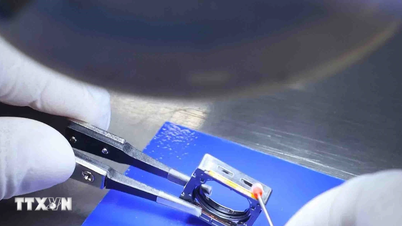

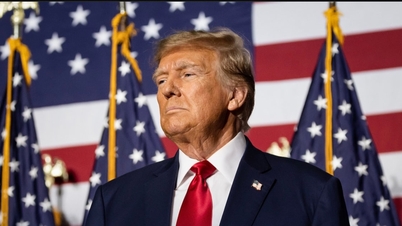

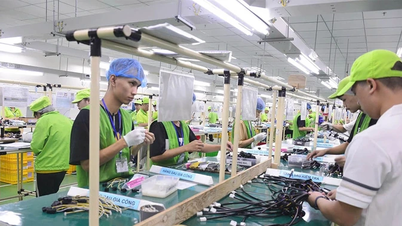

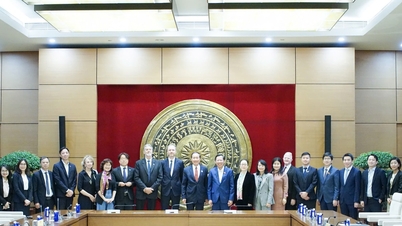



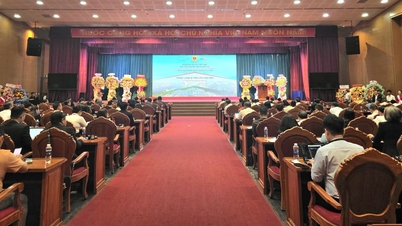
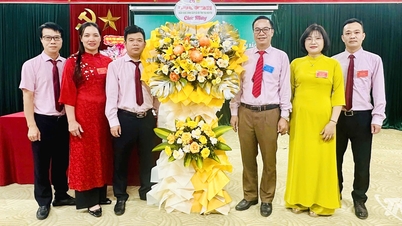

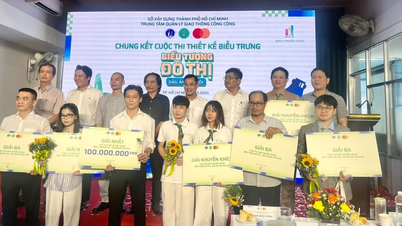
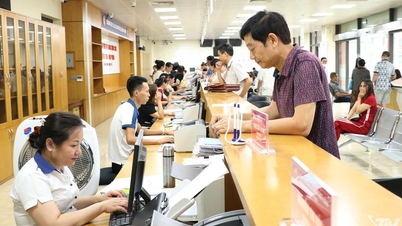


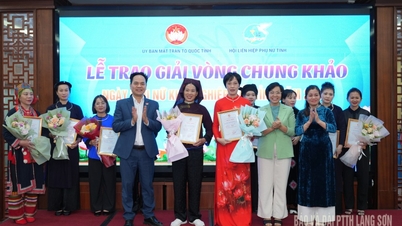

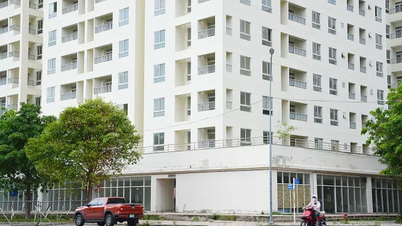





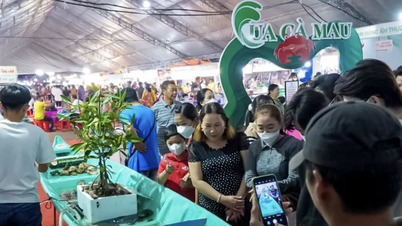
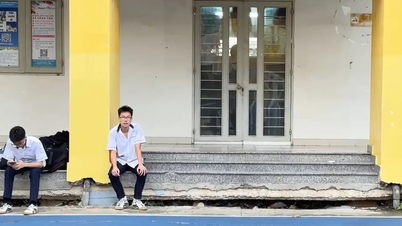

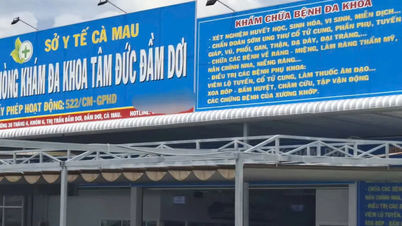
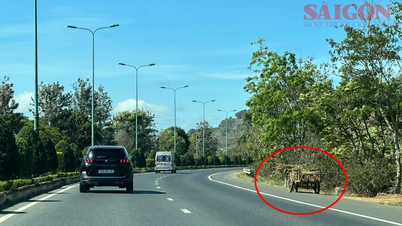







































![[Photo] Panorama of the 2nd Vietnam-Cambodia Border Defense Friendship Exchange](https://vphoto.vietnam.vn/thumb/402x226/vietnam/resource/IMAGE/2025/11/13/1763033233033_image.jpeg)
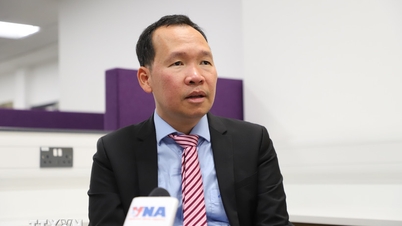

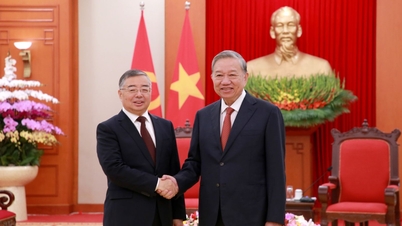

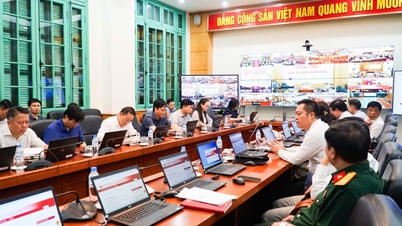

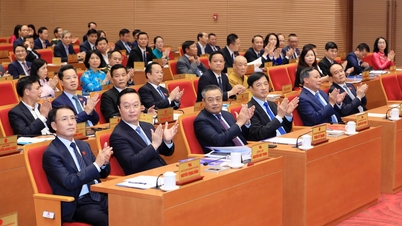

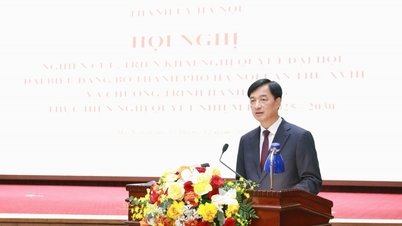
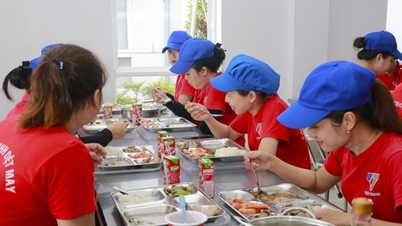

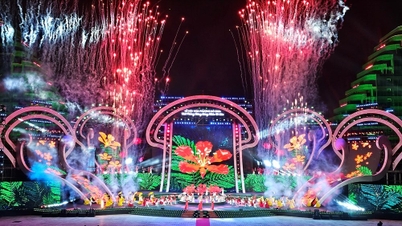

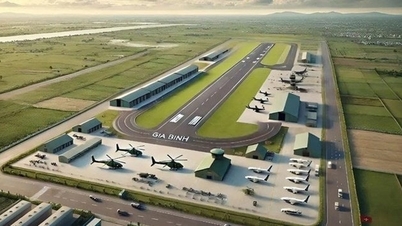
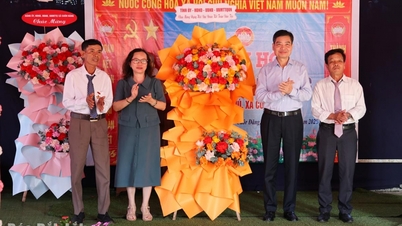





![Dong Nai OCOP transition: [Article 3] Linking tourism with OCOP product consumption](https://vphoto.vietnam.vn/thumb/402x226/vietnam/resource/IMAGE/2025/11/10/1762739199309_1324-2740-7_n-162543_981.jpeg)






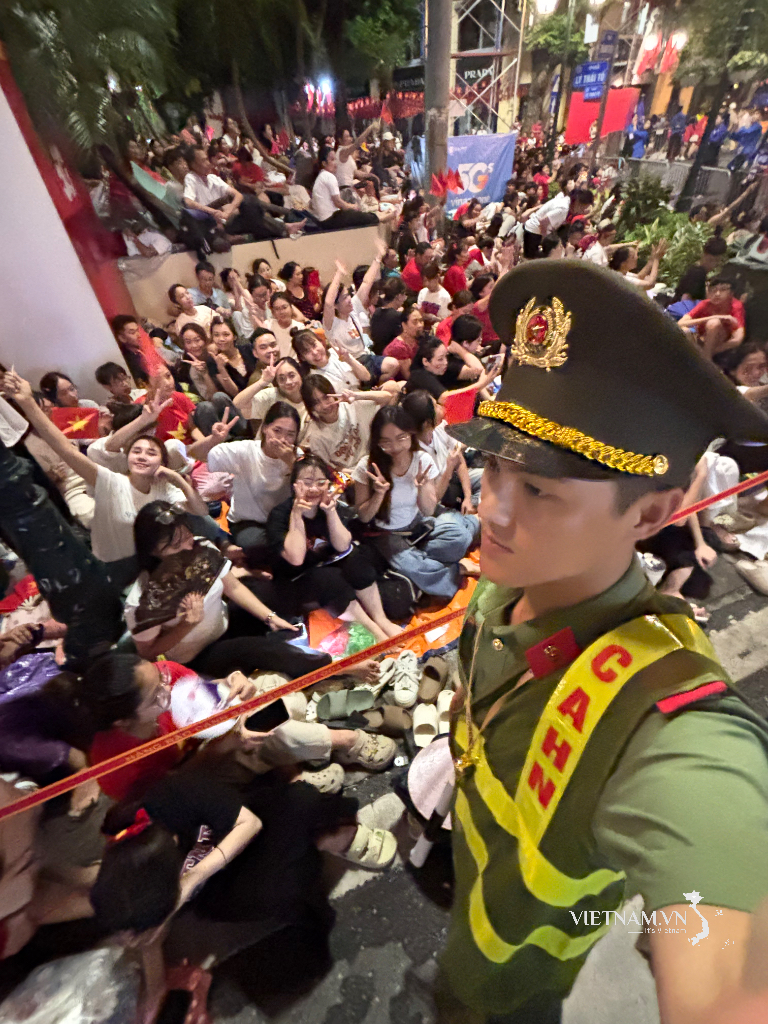
Comment (0)